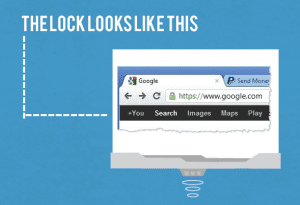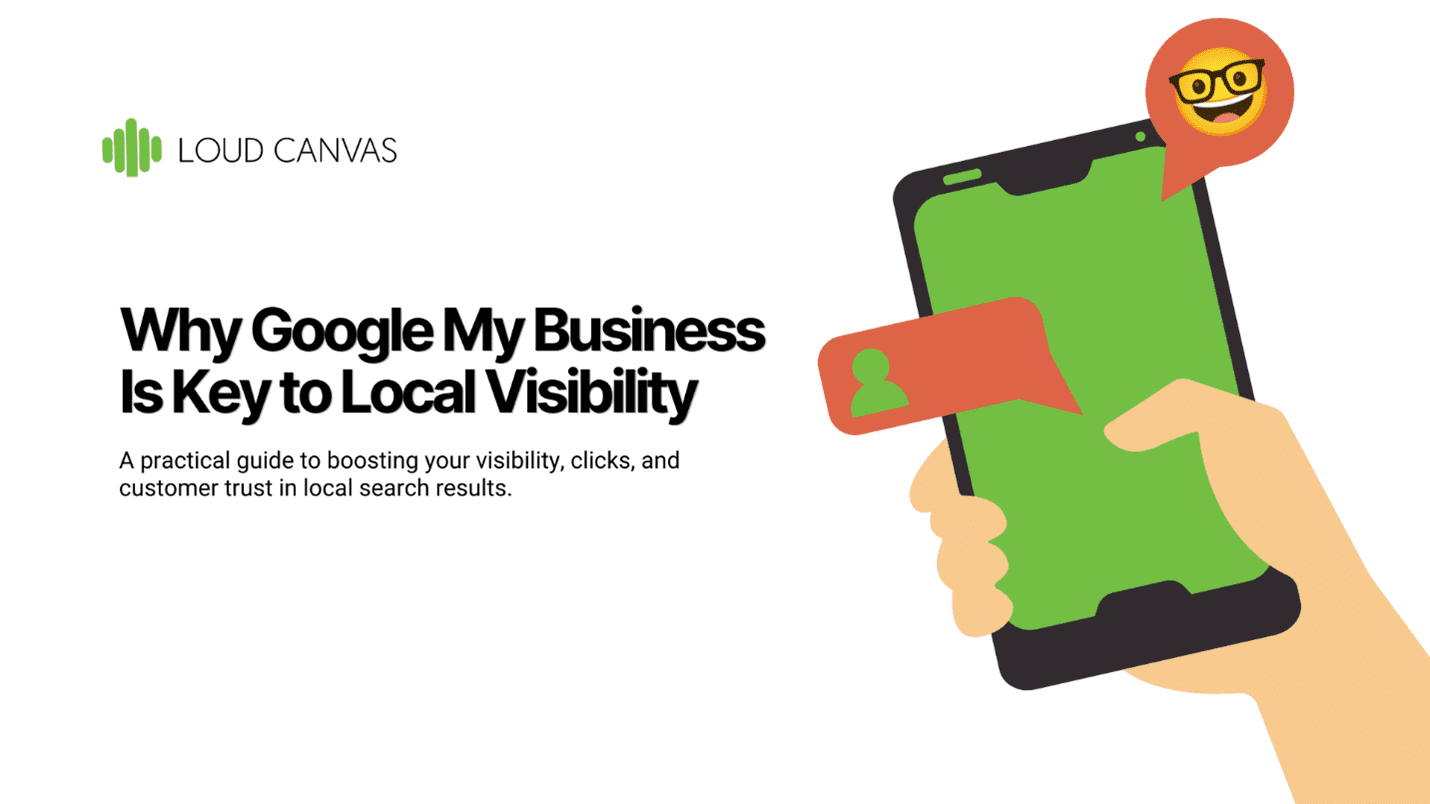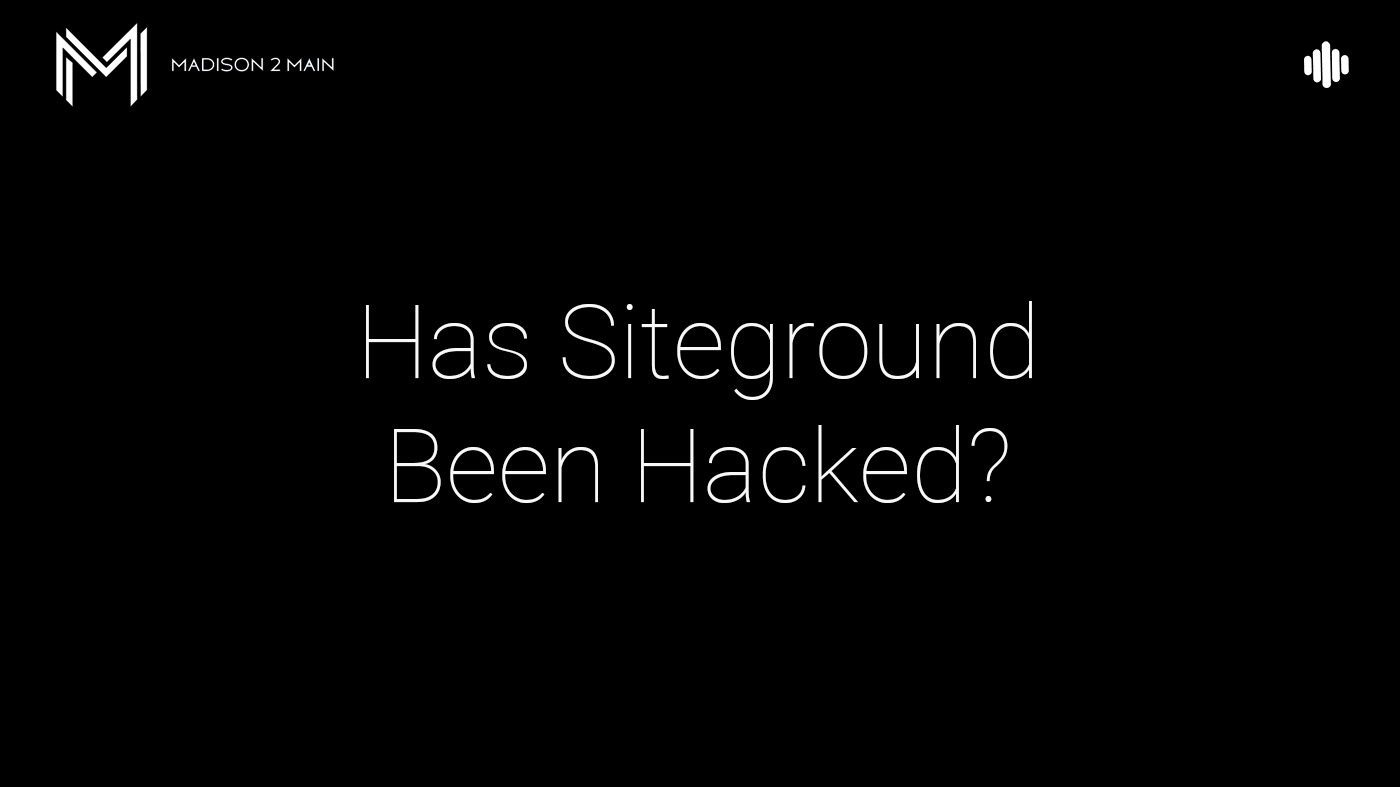GOOGLE MAKES PROFOUND CHANGE TO INTERNET
In what is quite likely the most significant (and equally the most unfair) move in internet history, Google began labeling any site that is not HTTPS as “Not Secure” in 2017. It labeled non-https sites (which represents 82% of the internet) in both its Google Chrome browser as well as in Google search results.
Given that Google is THE dominant player in both internet search and web browsing, this is a significant blow to any website/business-owner who does not want to spend an additional $225-$350/yr fee for an SSL certificate. That said, Google is the big gorilla in this space and they have chosen to push their weight around in this fashion; as such, most website owners are choosing to capitulate vs face the loss of customers and the stigma that goes along with being “Not Secure” online.
WHAT IS SSL (HTTPS)?
In case you’re unfamiliar, SSL (Secure Socket Layer) is the standard security technology for establishing an encrypted link between a web server and a browser. This “link” ensures that all data submitted on a website (e.g. by a contact form or an online purchase) remain safe, secure, private, and virtually un-hackable.
WHAT’S THE IMPACT OF NOT INSTALLING AN SSL CERTIFICATE?
The issue is now Google is actually penalizing sites (ALL sites) which DON’T move to SSL! They specifically targeted sites that use web forms to capture data (even if that data is not sensitive in nature).
As such, on November 15, 2017, Google started alerting site owners that employ web forms non-https sites they will begin displaying a warning in search results as well as in the Google Chrome browser labeling the site as “Not Secure.”
We recognize that this is not fair to you and this “Not Secure” stigma is a brutal way to classify a non-https site, but unfortunately, Google is the big player in the search (and browser) arena so in many ways, they are driving site owners to pony up and go along with it.
HOW TO RESOLVE THIS AND PREVENT THIS WARNING?
- Unfortunately, the only way to ensure your site is not hit with a “Not Secure” warning label is to purchase an SSL Certificate for your site. Even if you don’t sell anything or ask for secure info, you still need an SSL Certificate according to Google.
- An SSL certificate will make your entire site secure, including all data submitted through web forms.
- The good news (silver lining) is that this measure will also bolster your SEO ranking in the Google search engine as well as other search engines. A “Secure” label will also give your customers/visitors a more positive impression of and greater trust for your site.
- Note: this is an annual purchase, and our team will take care of the purchase, installation, and configuration of the SSL Certificate for you. We do not charge an installation or configuration fee; all you pay is the price of the SSL certificate itself.
- IF YOU ALREADY HAVE AN SSL CERT INSTALLED ON YOUR SITE, YOU DO NOT NEED TO DO ANYTHING. You’re all set!
To arrange for the installation of an SSL Certificate on your site, please confirm your purchase request via email to security@loudcanvas.com and our development staff will jump right on it.
Please don’t hesitate to be in touch with any questions, concerns, or thoughts.
Cordially yours,
-Sean Dempsey
Owner, Loud Canvas Media





